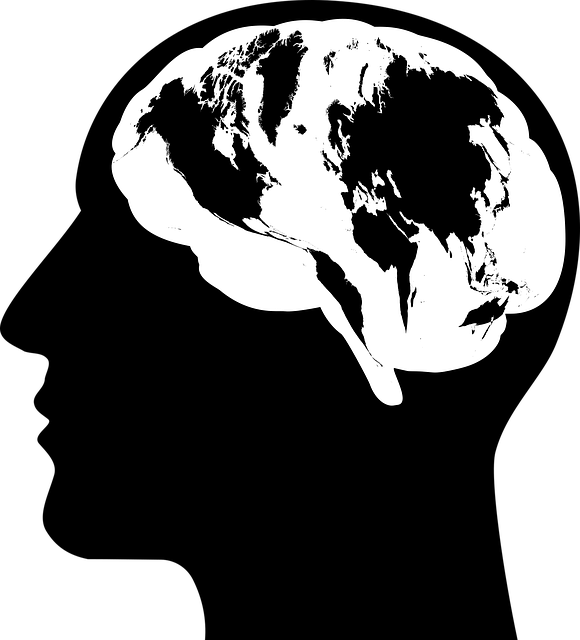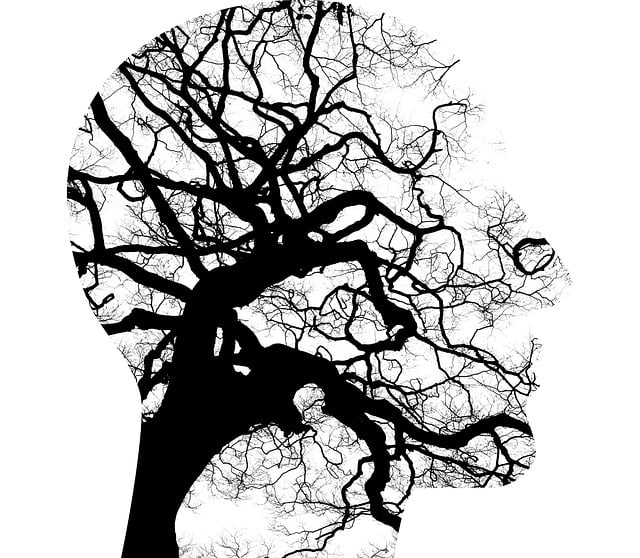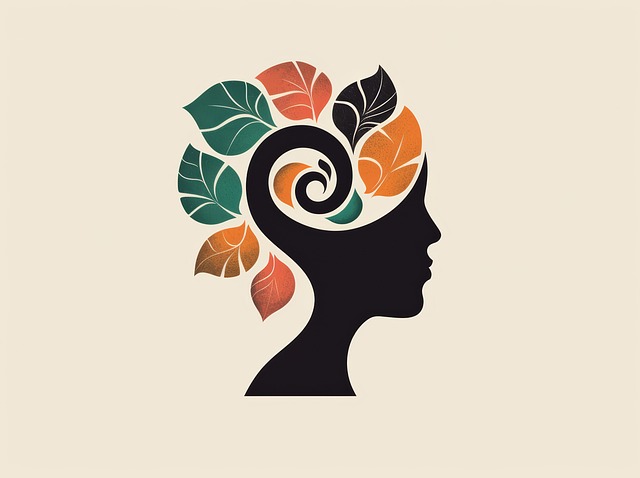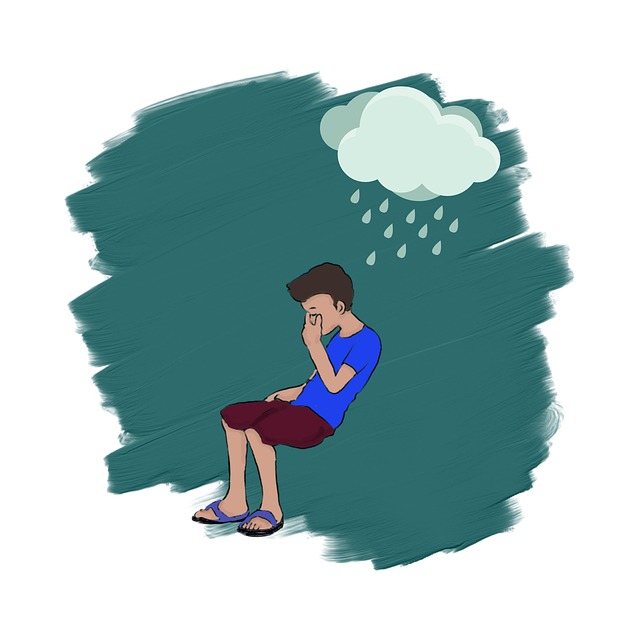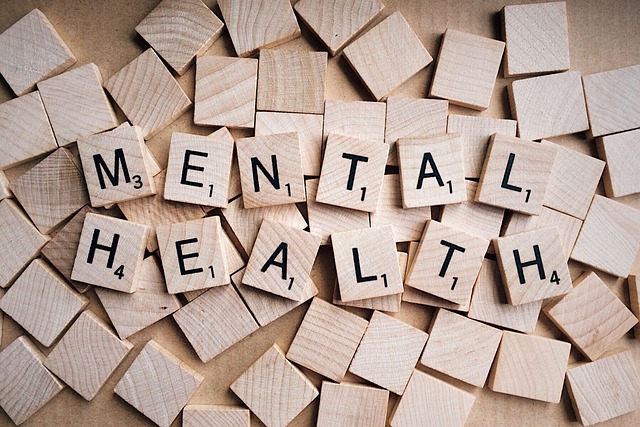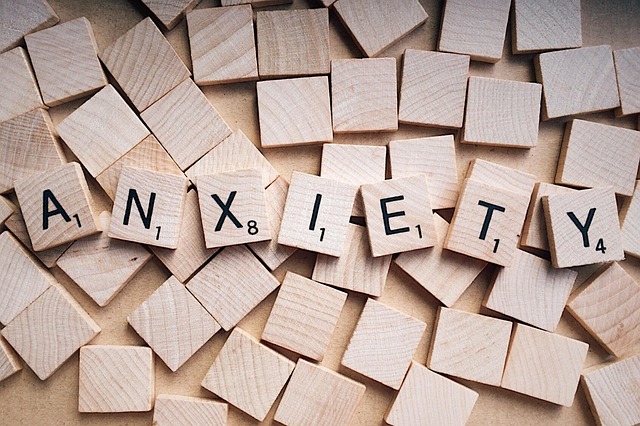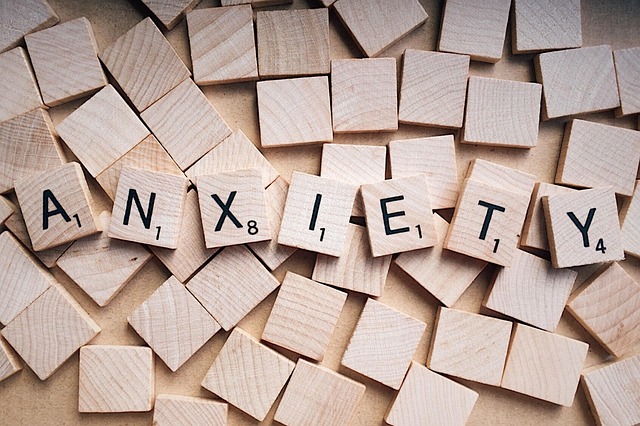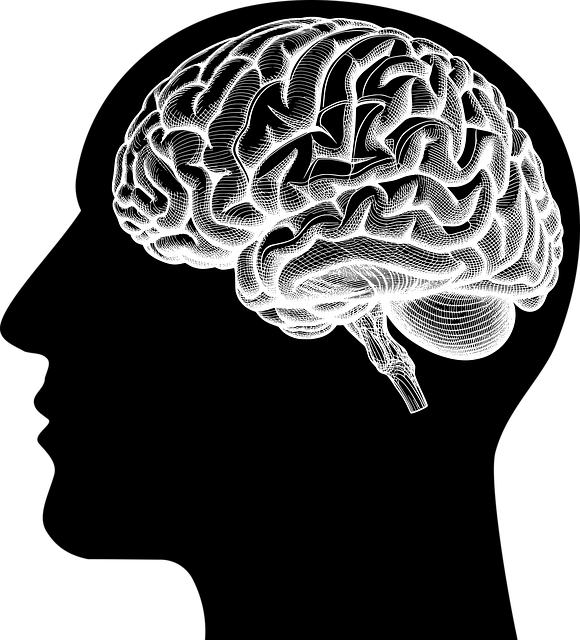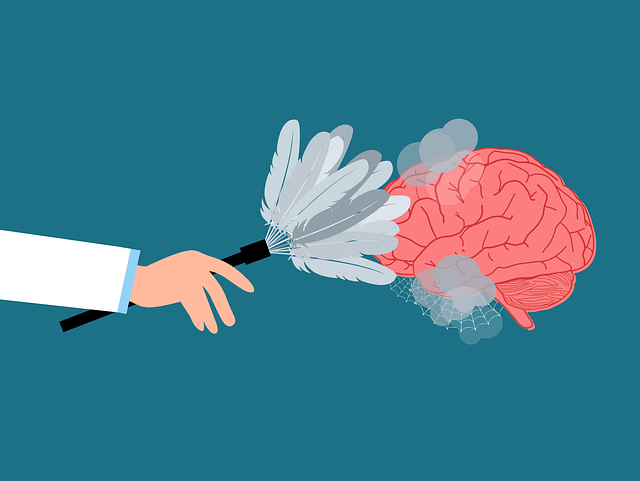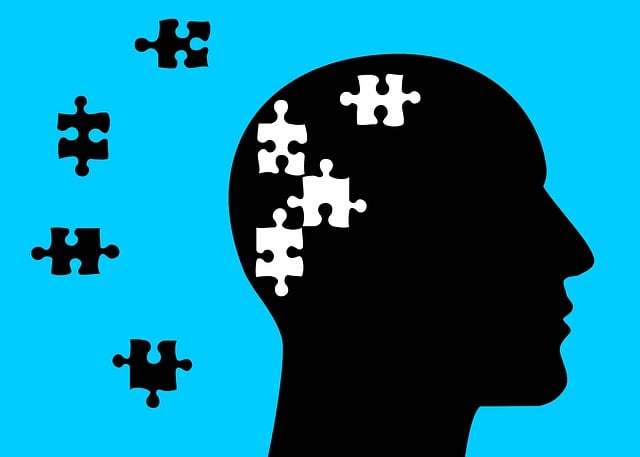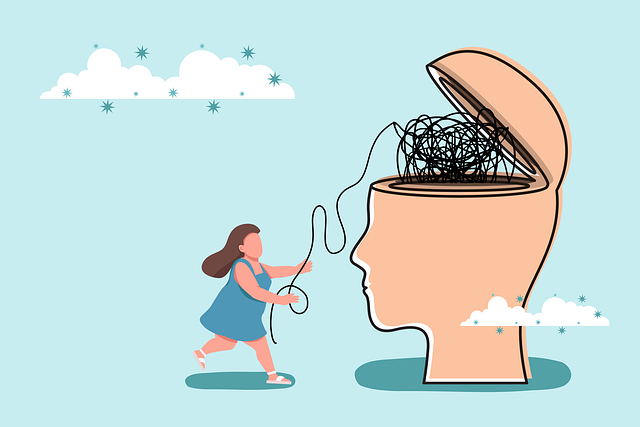Young adults facing life transitions like college or work may experience Adjustment Disorder, characterized by severe anxiety, depression, and irritability. This condition can lead to low self-esteem, concentration issues, and sleep disturbances. Accessing tailored therapy, including mental wellness coaching and evidence-based practices like mindfulness meditation, is crucial for management. With many insurance plans covering therapy, young adults have increased access to resources that empower them to overcome challenges and promote overall mental wellness. Mental Health Crisis Hotlines offer 24/7 confidential support, actively listening and providing empathy to guide individuals through symptoms and connect them with appropriate therapy options.
“In today’s fast-paced world, mental health crises among young adults are on the rise, with adjustment disorder being a significant concern. This comprehensive article explores the critical role of mental health crisis hotline support services in addressing this issue. We delve into the symptoms and challenges faced by young adults with adjustment disorder, highlighting the importance of accessible therapy resources. By understanding these aspects, we aim to empower young adults and provide them with the necessary tools and strategies for seeking treatment, ensuring better mental well-being.”
- Understanding Adjustment Disorder in Young Adults: Symptoms and Challenges
- The Role of Mental Health Crisis Hotline Support Services
- Accessing Therapy for Adjustment Disorder: Resources and Strategies for Young Adults
Understanding Adjustment Disorder in Young Adults: Symptoms and Challenges

Adjustment Disorder in young adults is a mental health condition characterized by difficulties coping with life transitions and stressors. It often manifests as a reaction to significant changes, such as starting college or entering the workforce. Symptoms can include severe anxiety, depression, and irritability, which may lead to avoidance of social situations or academic/professional responsibilities.
The challenges faced by young adults with Adjustment Disorder extend beyond emotional distress. They may struggle with low self-esteem, difficulty concentrating, and sleep disturbances, hindering their ability to thrive in everyday life. Accessing appropriate therapy for young adults with this disorder is crucial. Mental wellness coaching programs focused on developing coping strategies, improving communication skills, and fostering resilience can offer much-needed support. Enhancing mental health awareness among young adults and promoting access to these services are essential steps towards better mental wellness coaching and anxiety relief.
The Role of Mental Health Crisis Hotline Support Services

Mental Health Crisis Hotline support services play a pivotal role in providing immediate assistance and guidance during moments of intense emotional distress or psychological crisis. These hotlines, often accessible 24/7, serve as a lifeline for individuals struggling with various mental health concerns, including Adjustment Disorder, a common challenge faced by many young adults navigating life transitions. By offering confidential conversations with trained professionals, they offer not just a safe space to express feelings but also practical tools for coping.
Through active listening and empathy-building strategies, hotline counselors help individuals process their emotions, manage symptoms, and connect them with relevant therapy options like Mindfulness Meditation techniques, tailored interventions for Adjustment Disorder, and referrals to specialized care. Additionally, these services contribute to public awareness campaigns development by spreading knowledge about mental health, reducing stigma, and encouraging communities to prioritize emotional well-being.
Accessing Therapy for Adjustment Disorder: Resources and Strategies for Young Adults

Accessing therapy for Adjustment Disorder is a crucial step for young adults navigating this mental health challenge. This disorder often manifests during periods of significant change or stress, such as transitioning to college or entering the workforce. The good news is that various resources and strategies are available to support young adults in their recovery journey. Many insurance plans cover therapy, making it more accessible than ever before.
One effective approach for young adults with Adjustment Disorder is incorporating mindfulness meditation into their daily routines. This ancient practice helps individuals cultivate present-moment awareness and develop coping mechanisms for managing stress and anxiety. Additionally, confidence-boosting activities like setting achievable goals and celebrating small victories can empower young adults to overcome feelings of inadequacy or uncertainty. Equally important are mood management techniques, such as maintaining a structured daily routine, engaging in regular physical activity, and practicing good sleep hygiene, which all contribute to stabilizing emotional well-being.
Mental health crisis hotline support services play a pivotal role in assisting young adults grappling with adjustment disorder. By providing immediate, confidential, and non-judgmental assistance, these hotlines offer a lifeline during times of crisis. Understanding the symptoms and challenges associated with this condition is essential to effectively accessing therapy for young adults adjustment disorder. Through various resources and strategies discussed, individuals can find their path towards healing and improved mental well-being.
